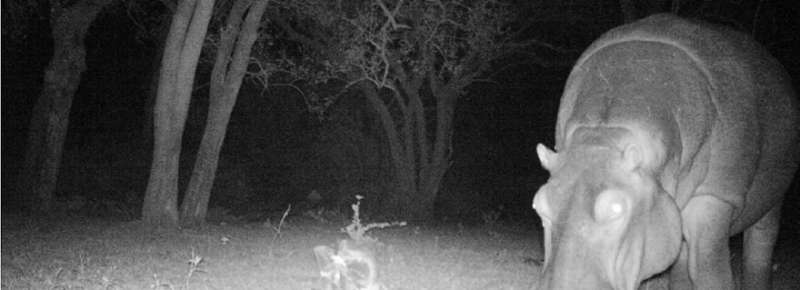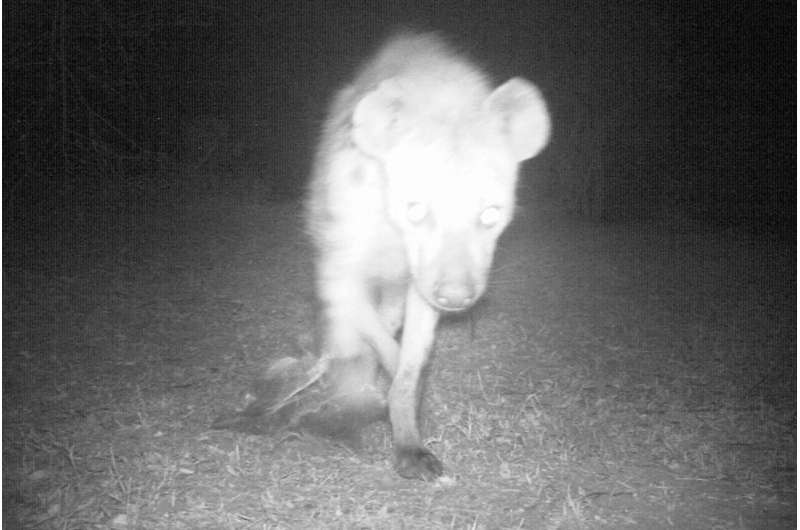Climate change presents African grazers with tricky decision

Lions limit their prey, such as zebra and gnu, in their options for adapting to global warming. This is what Leiden researcher Michiel Veldhuis, from the Institute of Environmental Sciences, and a group of international colleagues have discovered. The research was published today in Nature Ecology & Evolution.
Africa has the greatest diversity of mammals in the world, and its climate is warming up faster than in the rest of the world. 'With rising temperatures, the window of time in which herbivores can avoid both the heat and the animals that prey on them is increasingly small,' Veldhuis explains. It is cool enough to graze at night, but if herbivores live in an area with lions – which are also mainly active during the cool nights – they are forced to forage for food at hotter times of the day. This discovery means that climate change affects not only individual species but also the relationships between species.
Revealing the effects of climate change
Veldhuis and his colleagues used camera traps placed across 32 protected areas in South Africa. Lions live in half of these areas. The data, which was collected between 2013 and 2017, shows the daily activity of different animal species. The activity of herbivores was compared in areas with and without lions. This revealed that the herbivores in the areas without lions foraged for food in cooler times of day than their peers who shared their habitat with lions.

Changing relationships
In the short term, it is easier for mammals to adapt their behavior to the changing climate than their bodies. These mammals would normally migrate to cooler areas, but they often face human barriers such as fences. 'The problem is that we do not yet understand the consequences of the shrinking window of time,' says fellow researcher Joris Cromsigt. Not all herbivores are equally affected, for instance: 'Some species, gemsbok for instance, should be able to cope with the heat and thus avoid lions, but the higher temperature could have a significant effect on other species such as zebra.'
More information: Michiel P. Veldhuis et al. Predation risk constrains herbivores' adaptive capacity to warming, Nature Ecology & Evolution (2020). DOI: 10.1038/s41559-020-1218-2
Journal information: Nature Ecology & Evolution
Provided by Leiden University



















